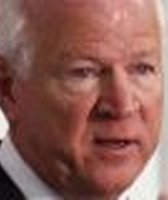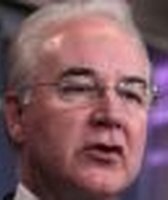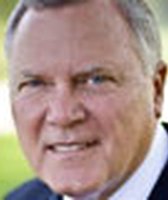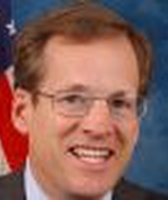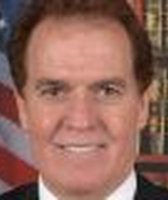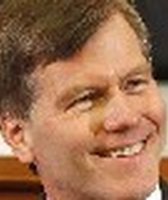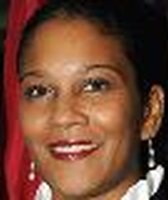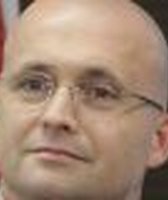Get PolitiFact in your inbox.
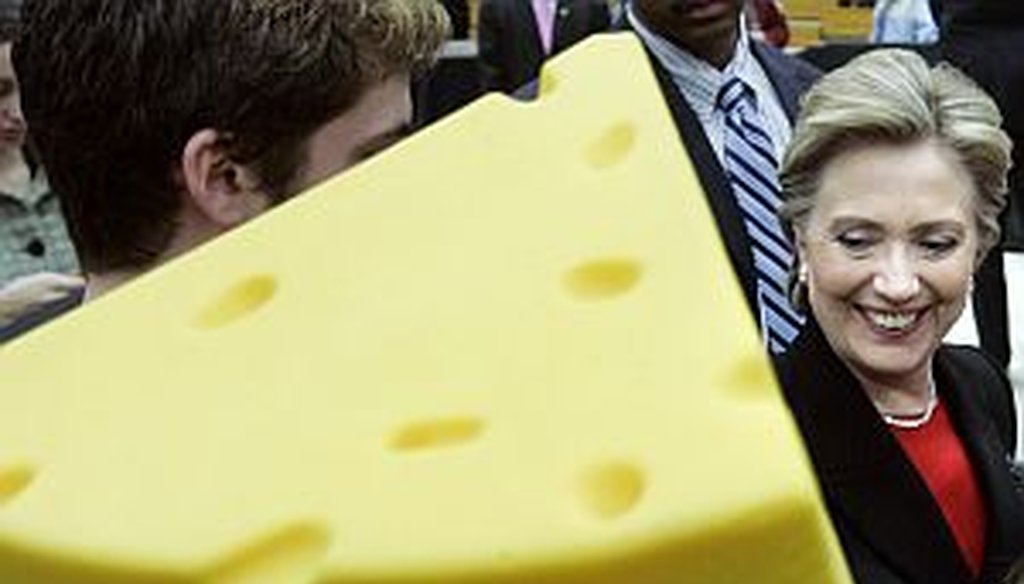
Last week, politics got cheesey at PolitiFact Georgia. But not as cheesy as it did in this photo from the 2008 Democratic presidential primaries.
The Truth-O-Meter spent last week searching for holes in politicians’ statements. And boy, did we find some cheesy ones.
In fact, we found one about Swiss cheese from U.S. Rep. Lynn Westmoreland. It paired nicely with a Mostly True statement about alcohol that we ran the following day. It was a PolitiFact Georgia version of a cocktail party.
The festivities were brief. We marched on to cover statements on immigration and federal fiances. One from President Barack Obama stank like a slab of Limburger cheese.
Join us on Twitter and Facebook to comment and read our latest updates.
U.S. Rep. Lynn Westmoreland: The federal government regulates the holes in Swiss cheese.
Westmoreland’s claim on cheese, made in a Feb. 11 news release, was too tasty for us to pass up. The government, he said, is out of control.
"I mean, the government actually regulates how large holes in Swiss cheese can be," it said. "That’s just absurd."
Really?
The congressman’s office referred us to a federal report titled "United States Standards for Grades of Swiss Cheese, Emmentaler Cheese."
The report calls the holes in Swiss cheese "eyes." On Page 3, the report says the eyes "shall" be ⅜ to 13/16 inch in diameter.
A U.S. Department of Agriculture spokesman gave us clarification.
The federal agency has a voluntary program to examine Swiss cheese in a number of categories, including "eye" size, he said. Manufacturers pay feds to rate it on the USDA’s grading scale.
They do not have to obtain a USDA rating to sell Swiss cheese.
Since the regulation isn’t foisted on the cheese industry, Westmoreland’s claim is Half True.
The Distilled Spirits Council of the United States: Sunday liquor sales could generate $3.4 million to $4.8 million a year in additional sales tax revenue for Georgia.
Each year, a new round of an old debate takes place at the Georgia Capitol: Should Georgia end its Sunday ban on the sale of alcohol in stores?
A liquor industry group, the Distilled Spirits Council of the United States, chimed in with the above claim in a recent op-ed in The Atlanta Journal-Constitution.
Is it right?
The group based its Georgia estimate on revenue from four states that relaxed their rules on Sunday alcohol sales. They saw statewide sales increases between 5.8 percent and 9.5 percent.
If Georgia sales jumped by 5 percent to 7 percent, revenue would rise $3.4 million to $4.8 million a year.
The studies we found all show alcohol sales increase after a repeal, but most estimates were lower than the council’s. It appears safe to say sales tax revenue would increase; the only question is by how much. Mostly True.
Georgia Chamber of Commerce lobbyist David Raynor: A federal system that verifies employees are authorized to work in the U.S. is inaccurate "anywhere from 50 percent all the way up to in excess of 80" percent of the time.
Some lawmakers want to weed illegal immigrants out of Georgia’s work force by making E-Verify, a mostly voluntary federal program, mandatory.
The database confirms whether employees can work legally in the U.S. But in a legislative committee meeting, Raynor offered the above words of caution.
Is he correct?
The most current data show E-Verify is overwhelmingly accurate with legal workers but fails to identify a large percentage of illegal ones.
Raynor’s error rate of 50 percent to 80 percent was too high. Overall, it was inaccurate between 2.3 percent and 5.7 percent of the time. For legal workers, its error rate was between 0.6 percent and 1 percent.
E-Verify’s worst error rate -- for illegal workers -- is high at 37 percent to 64 percent, but it’s still well below what Raynor suggested.
We therefore rule Raynor’s statement Half True.
President Barack Obama: His proposed budget "will help reduce the deficit by $400 billion over the next decade to the lowest level since Dwight Eisenhower was president."
Obama made the above claim in his remarks at the opening session of a small-business forum in Cleveland on Feb. 22.
This is different than his claim Feb. 14 that his budget "would cut the deficit by more than $400 billion over the next decade, bringing this kind of spending -- domestic discretionary spending -- to its lowest share of our economy since Dwight Eisenhower was president."
We rated the earlier statement Half True.
So what about his Cleveland statement? We found his numbers were way off, but White House staffers said he meant to make the same comparison he did on Feb. 14.
About an hour and a half after we initially contacted the White House, Obama changed his statement when he made his closing comments in Cleveland.
To set the record straight, we give his initial statement in Cleveland a False.
U.S Rep. Rob Woodall: One half of federal spending goes to Social Security, Medicare and Medicaid while the other half goes to other programs funded with money "borrowed from a foreign land."
Woodall, R-Lawrenceville, gave Duluth High School students a lesson in Washington math when he made the above statement during a town hall forum.
It appeared in the Gwinnett Daily Post on Feb. 2.
Was he right?
On the spending part, he’s very close. The government is projected to spend about $3.7 trillion this fiscal year, with about $2 trillion for mandatory spending. Discretionary spending for things such as homeland security accounts for about $1.3 trillion. The rest is interest on the federal debt.
About $2 trillion of that money comes from us in the form of taxes. The rest is borrowed, but not always from a "foreign land." Domestic investors own 53 percent of the debt.
Since Woodall got it half right, he earns a Half True.
Our Sources
See original stories.







